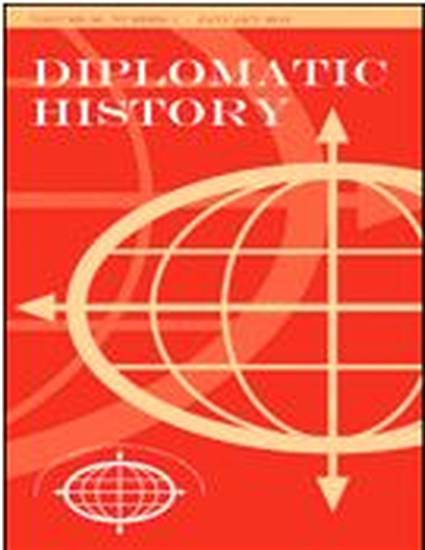
Article
Ideology for Strategy: Military-led Modernization and the Origins of the Alliance for Progress in Bolivia
Diplomatic History
(2012)
Abstract
When the Kennedy administration encountered the nine-year old Bolivian Revolution in 1961, there appeared a very real possibility that La Paz was headed toward the Soviet camp. By incorporating Bolivian fully within the new administration's development program known as the Alliance for Progress, Kennedy officials halted Bolivia's leftward drift and secured it within the US sphere of influence. This paper follows Kennedy officials' initial reaction to Bolivia in January 1961 through to its adoption of an aggressively interventionist policy of military-led development. Seizing on Bolivian leaders' interest in rapid modernization, Washington employed seemingly apolitical developmental theories for political, even imperial, ends. While failing at “development,” the Kennedy administration's militarized developmental intervention succeeded at de-Communizing the Bolivian Revolution and reversing its neutralist pretentions.
Keywords
- Bolivian Revolution,
- Bolivia,
- United States,
- La Paz,
- Cold War,
- Alliance for Progress,
- Monroe Doctrine
Disciplines
Publication Date
January, 2012
DOI
https://doi.org/10.1111/j.1467-7709.2012.01013.x
Citation Information
Thomas Field. "Ideology for Strategy: Military-led Modernization and the Origins of the Alliance for Progress in Bolivia" Diplomatic History Vol. 36 Iss. 1 (2012) ISSN: 0145-2096 Available at: http://works.bepress.com/thomas-field/4/
